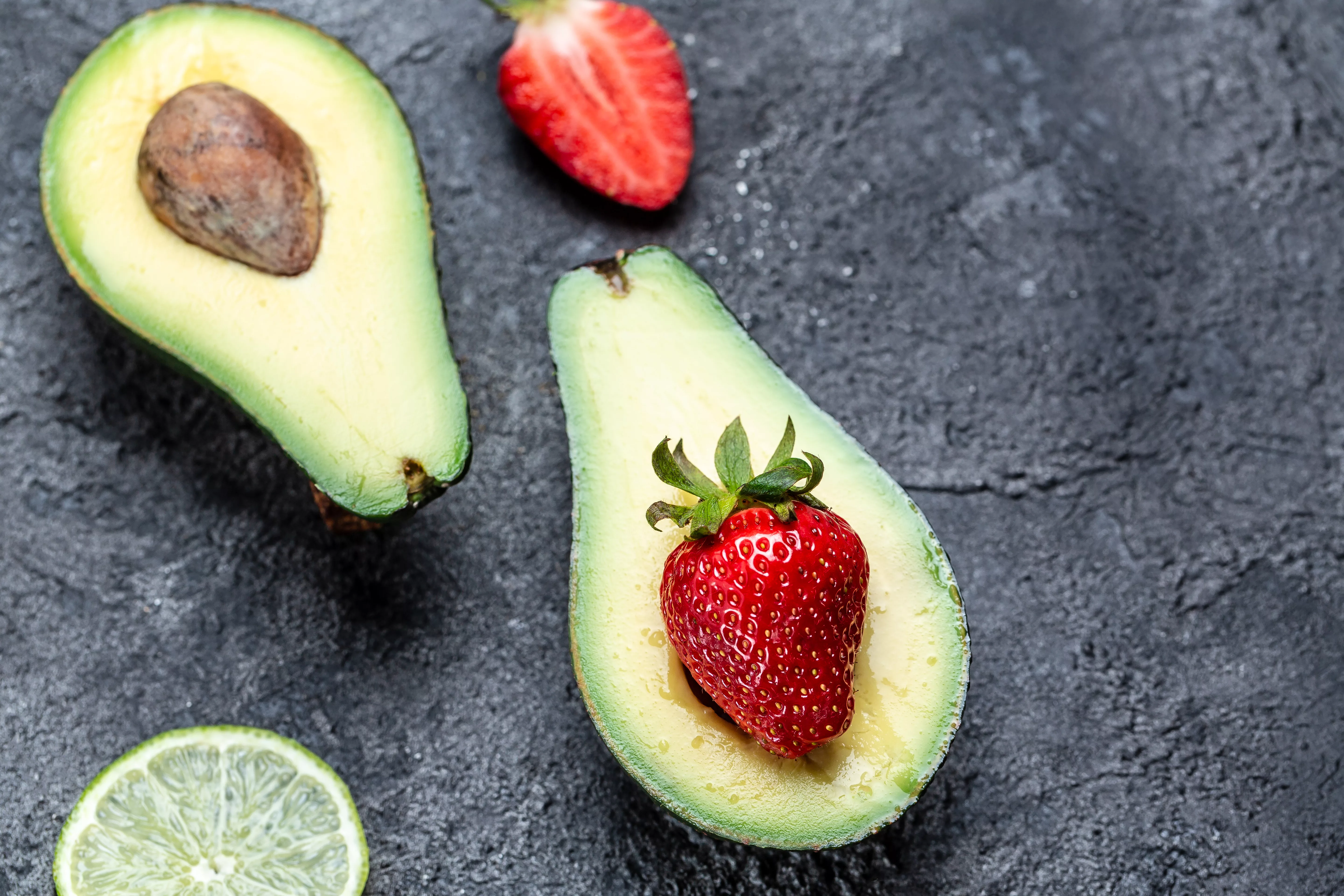
One of the environmental safety groups that I’ve long supported is the Environmental Working Group. They take on and publicize environmental issues for many sectors including food, cosmetics, PFAs and other contaminants in water and more.
I first became aware of them when I was given a copy of their wallet card “Shopper’s Guide to Pesticides in Produce.” They update this list annually and it includes “The Dirty Dozen” and “The Clean 15.” Both lists are revelatory, and I think something that every cook should be aware of. Pesticides of course have been linked to a broad range of health issues, but it is amazing how little this information has been shared. It is only since the Organic Standards Act was passed in 1990 that we’ve generally been aware of concerns about pesticides and other contaminants.
Here is the “Dirty Dozen” for 2023, according to the EWG. These are those foods most contaminated with pesticides:
- Strawberries
- Spinach
- Kale, collard and mustard greens
- Peaches
- Pears
- Nectarines
- Apples
- Grapes
- Bell and hot peppers
- Cherries
- Blueberries
- Green Beans
The message of course is to avoid conventionally grown versions of these and only consume those that are certified organic.
The “Clean 15 for 2023”:
- Avocados
- Sweet Corn
- Pineapple
- Onions
- Papaya
- Sweet peas (frozen)
- Asparagus
- Honeydew melon
- Kiwi
- Cabbage
- Mushrooms
- Mangoes
- Sweet Potatoes
- Watermelon
- Carrots
Given the choice even here, I’d still seek out certified organic.
For more information about the Environmental Working Group visit ewg.org/food news.




